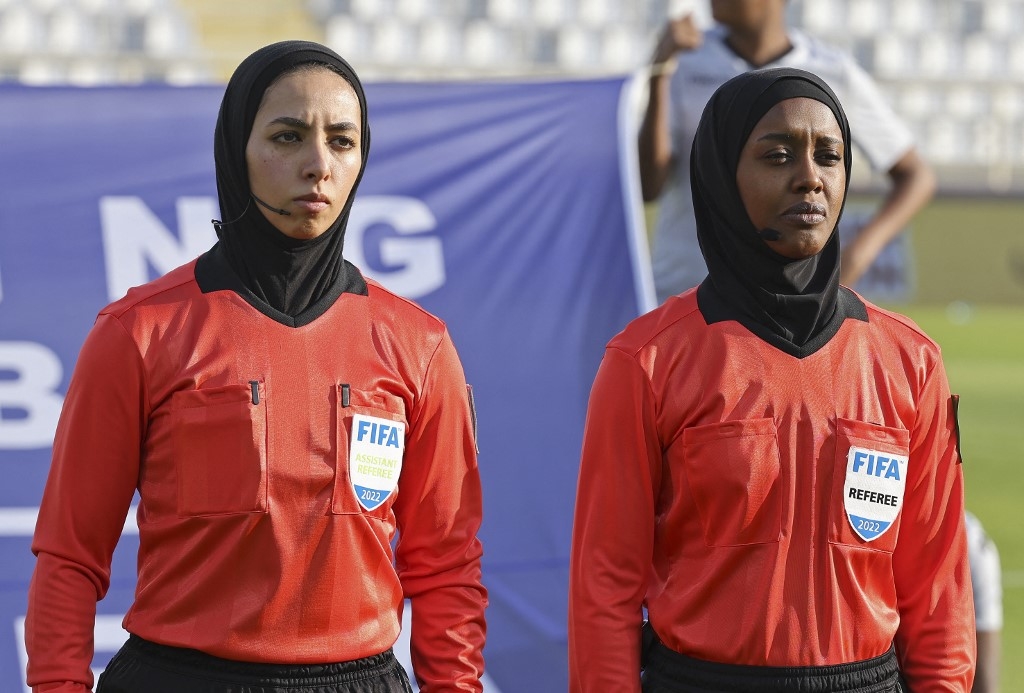Paris 2024 Olympics
French athletes have been officially barred from wearing the hijab, also known as the Muslim headscarf, at the upcoming Paris Olympic Games.
This ban, which will affect all members of the French national team, was announced as France prepares to host the Games from July 26 to August 11, 2024, and the Paralympics from August 28 to September 8, 2024.
The ban was first introduced by French Sports Minister Amelie Oudea-Castera on September 24, 2023.
Shortly after the initial announcement, Oudea-Castera confirmed on the French political show Dimanche en Politique that no female athletes from France would be permitted to wear the hijab during the Paris Olympics.
The decision has garnered significant international criticism. Marta Hurtado, spokesperson for the UN Office of the High Commissioner for Human Rights (OHCHR), criticized the ban in a statement released on September 26, 2023.
Hurtado argued that the prohibition was unjust and stated, “No one should impose on a woman what she needs to wear or not wear,” emphasizing the importance of personal choice in matters of clothing.
In response to the ban, Amnesty International, along with several other organizations, sent a letter to the International Olympic Committee (IOC) on May 24, 2023.
The letter urged the IOC to publicly challenge the French authorities to lift all restrictions on athletes wearing the hijab, both for the Paris Olympics and for other sporting events.
Amnesty International contended that the IOC’s response to their request was inadequate.
The IOC’s reply indicated that the issue of the hijab ban fell outside their jurisdiction and that “freedom of religion is interpreted in many different ways by different states.”
On July 16, 2023, Amnesty International released a press statement criticizing the headscarf ban as an example of France’s “discriminatory double standard” and the “discriminatory hypocrisy” of French authorities.
The organization argued that the ban contravenes international human rights law and highlighted the perceived weakness of the IOC’s response to the issue.
Amnesty International contended that the ban exposes a deeper issue of inequality and intolerance within French policies, especially in the context of the forthcoming Paris Olympic Games.
I am a dynamic professional, specializing in Peace and Conflict Studies, Conflict Management and Resolution, and International Relations. My expertise is particularly focused on South Asian Conflicts and the intricacies of the Indian Ocean and Asia Pacific Politics. With my skills as a Content Writer, I serve as a bridge between academia and the public, translating complex global issues into accessible narratives. My passion for fostering understanding and cooperation on the national and international stage drives me to make meaningful contributions to peace and global discourse.










